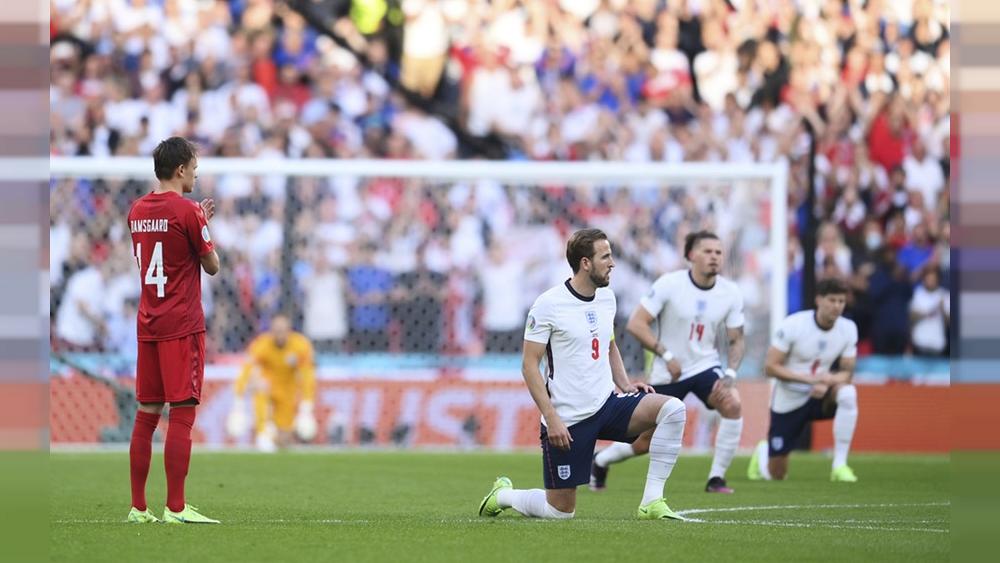Experts say there has always been a link between sports and politics. This has become more evident during the current European Football Championship.
The European Football Association (UEFA), angered by the Hungarian government, has banned the Allianz Arena in Munich from lighting up in rainbow colors. At the request of Russia, the inscription “Glory to our heroes” was removed from the field of the Ukrainian national team. A sports researcher at the University of Toronto does not consider it at all distinctive that activists or athletes try to communicate messages to viewers using world-class competitions.
“It is not true that sport is not political. Sport has always been a political arena where political actors can express their opinions. At the same time, it is in the interest of sports organizations to show themselves as neutral, as this is necessary to build their brand and reach the largest possible audience as little as possible. “In this sense, sport is also linked to a wide range of political issues,” said Simon Darnell, a professor at the University of Toronto.
According to UEFA, matches should not be used for political purposes. However, there will be messages like that in the final on Sunday. The English team will kneel before starting to support a movement called Black Lives Matter, and the Italian team is considering it.
Athletes have always had political opinions. However, they do not always have the space to express this. I think this contributes to that. However, politics has been present in the sport for decades. And I think the world would be a better place if we treated athletes as people, so we wouldn’t expect them to just use their bodies,” the expert added.
Simon Darnell added that as the porters’ influence grew, so did their political participation.












































